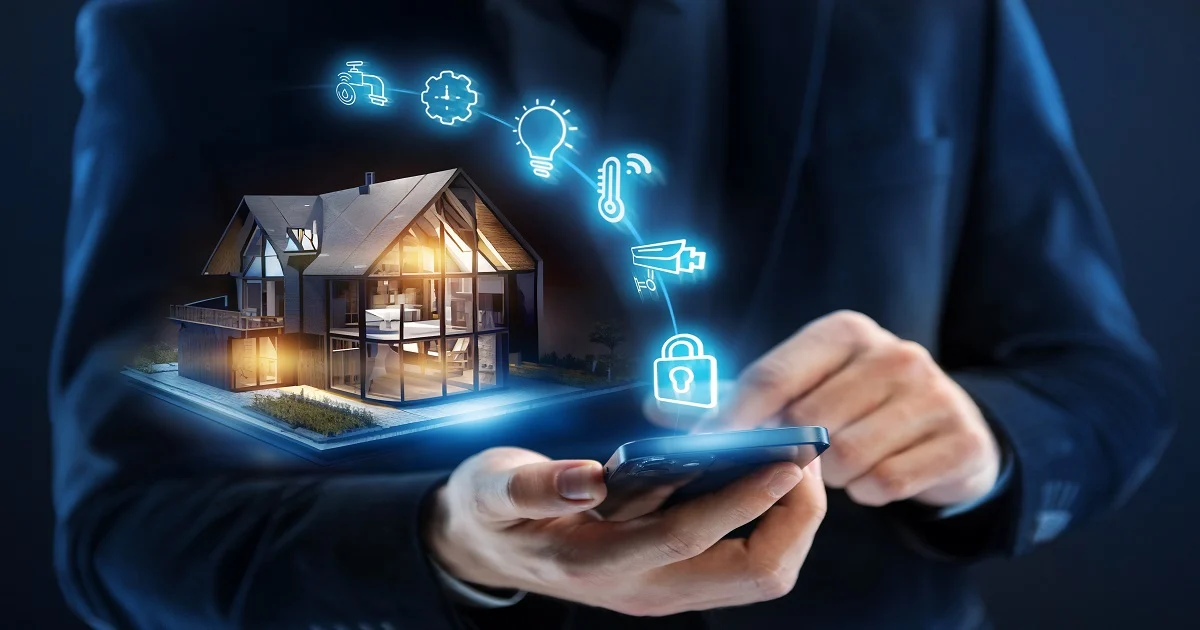Smart home technology is changing everyone’s lives indicates Ali Ata. It is making homes more fashionable and better organised. It helps people control their homes better, making life smoother and helps users save on energy bills. This technology is transforming energy management by providing new ways to control the energy usage at homes.
Benefits of Smart Homes Energy Management
The utilization of smart home technology provides plenty of benefits, particularly in the field of energy management. These advantages cover environmental, financial, and personal comfort aspects, highlighting the extensive value of merging smart home values into our homes.
- Environmental Benefits- Smart home energy management systems immensely contribute to reducing the long-term energy consumption of a household. It guarantees the heating, cooling, lighting, and appliance use are upgraded for efficiency. Smart homes are also known to play a vital role in lowering carbon emissions. This reduction in energy use is crucial in taking positive action against climate change. It helps decrease the dependence on fossil fuels and reduce the overall environmental effect, describes Ali Ata.
- Financial Benefits- The possibility for considerable cost savings on energy bills constructs the financial benefit of smart homes. By automating energy use and preventing wasteful consumption, households can see a remarkable decrease in their monthly expenses. Overtime, these savings can add up, making the primary investment in smart technology not only environmentally responsible but also financially wise.
- Increased Comforts and Convenience- Apart from the physical benefits of costs and environmental savings, smart home technology improves the comfort and facilities of living spaces. The ability to control heating, lighting, and appliances remotely or through automated arrangements means homes can be at the perfect temperature and brightness. This is achieved by adapting to the user’s needs andrequirements. This level of customization and control enhances the living experience, making homes more attractive and suitable for individual lifestyles.
Considerations and Challenges
Although smart home technology for energy management has many advantages it comes with its own set of hurdles and considerations. First, the primary expenses and installation can be a hurdle. Smart devices, such as heaters, lighting, and appliances require decent investment. Additionally, setting everything up might need technical know-how or professional help, adding to the expense.
Cybersecurity is another vital concern points out Ali Ata. With smart devices connected to the internet, there is a chance of hacking and data privacy issues. It is important to confirm that devices are safe and all personal information is protected.
To make smart home technology truly competent in saving energy, users must be ready to learn and adapt. Understanding how to multiply the benefits of these devices requires a lot of effort and change in habits. The full capacity of smart homes for energy conservation can be achieved by:
- Balancing the costs and benefits
- Protecting devices against possible threats, and
- Being open to learning, and adjustment
Smart home technology is a vital innovation in a world moving towards more organized and sustainable living. Through the intelligent management of energy, it provides a procedure to not only reduce environmental impact but also to achieve necessary financial savings. The benefits and comfort provided by these technologies further improve the quality of daily lives, making homes more peaceful and adjustable. Supporting smart home technologies today means advancing toward a smarter, greener, and efficient future. As people continue to advance and refine these systems, the dream of fully utilized home energy management is becoming an attainable reality, assuring a better world for generations to come.











